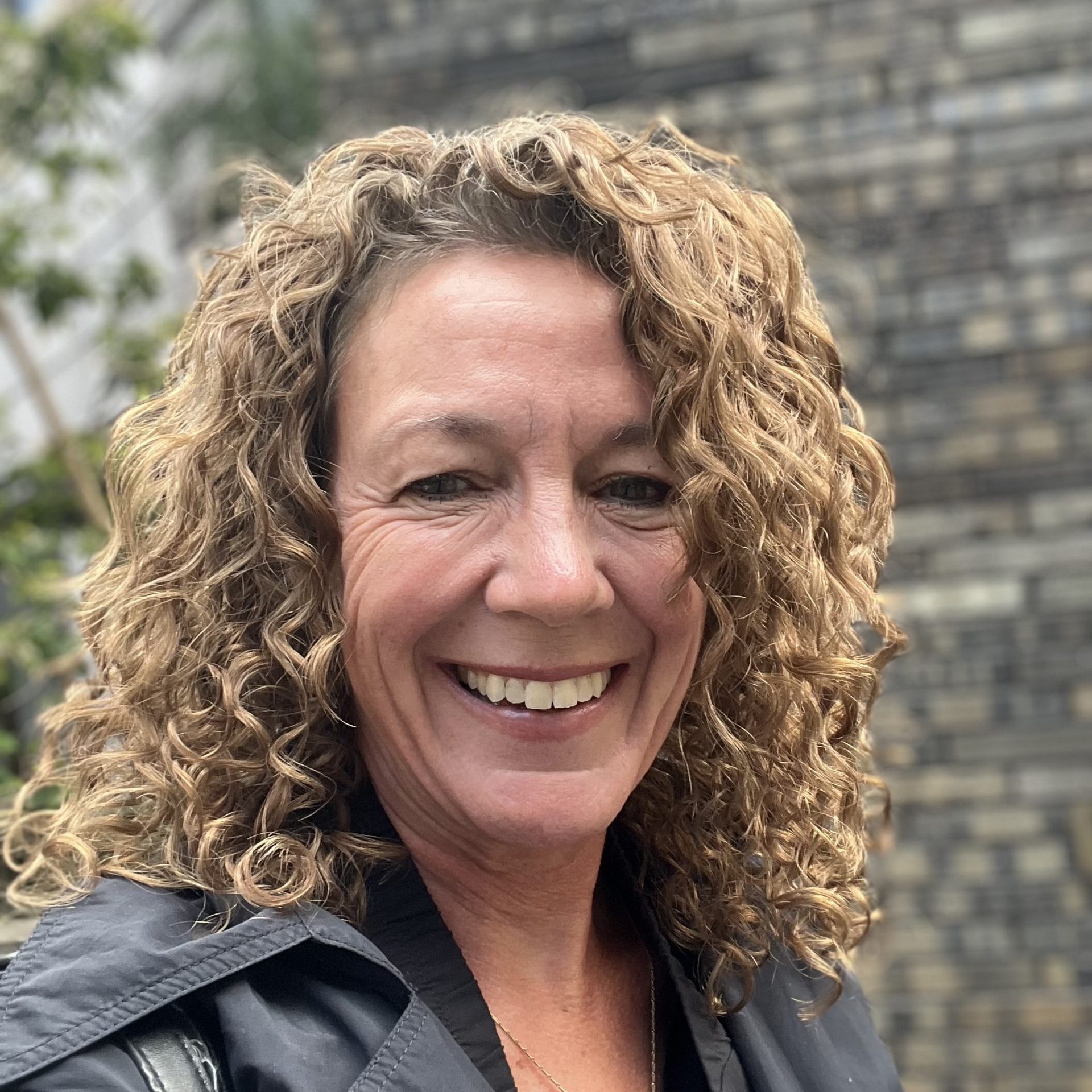

annemcdonald[at]sophia.ac.jp
+81-3-3238-4666
Address:
Room 1618 Bldg No.2, 7-1 Kioi-cho, Chiyoda-ku, Tokyo, 102-8554 Japan
With a mandate to link research to policy development and implementation, works closely with researchers involved in ecosystem assessments, local and national policy makers and UN conventions related to the environment. Working with the Secretariat of the Convention on Biological Diversity on marine related issues, at COP10 Nagoya 2010 co-established the Sustainable Ocean Initiative, an interface between science and policy to strengthen the marine biodiversity elements of the convention.
Environmental History, Integrative Environmental Policy, Global Environmental Policy
Born in Montreal, Canada. Grew up on the Canadian prairies and Sweden. First came to Japan in 1982 and then again in 1988 as a student at Kumamoto University. Graduated from the University of British Columbia in 1991. After completing a year on a Stanford University scholarship at the Inter-University Center for Japanese Studies, began her career at Shimizukobundo academic publishing company as a writer of ethnology and rural community issues. Publishing 13 books in Japanese, from 1998 became director of an ongoing environmental book series. From 1994 she was named a member of the Japanese national committee for promoting environmentally sound agriculture and since then has worked on several government committees with the Ministry of Agriculture, Forestry and Fisheries, Ministry of the Environment and the Prime Minister’s Office. In 1997, she joined Miyagi University and worked at the university’s International Center until 2008. From 1999 to 2007, she was a visiting researcher and Japanese Ministry of Environment government review team member for the IPCC 3rd and 4th Assessment reports. In the spring of 2008, she moved to Kanazawa/Ishikawa to become the founding director of the United Nations University-Institute of Advanced Studies Operating Unit Ishikawa/Kanazawa. With a mandate to link research to policy development and implementation, worked closely with researchers involved in ecosystem assessments, local and national policy makers and UN conventions related to the environment. Working with the Secretariat of the Convention on Biological Diversity on marine related issues, at COP10 Nagoya 2010 co-established the Sustainable Ocean Initiative, an interface between science and policy to strengthen the marine biodiversity elements of the convention. She joined the Graduate School of Global Environmental Studies in 2009 as a part time lecturer on Environmental History, taking up a full-time position lecturing on global environmental policy from September 2011.
We hear the words global warming, biodiversity loss, invasive alien species, declining food security, increasing extreme weather events, eutrophication, desertification, among other environmental terms, but how do these impact our daily lives? Conversely, how have human activities impacted and continue to impact the natural environment that cause, either directly or indirectly, the environmental concerns of today? How do we develop effective policies and working solutions to the ever increasing environmental challenges? These overarching questions guide both my research, lectures and seminars. Though we will look at policy and governance frameworks and theories, fieldwork based case studies and practical application of knowledge to consider policy design and implementation from the local to global levels will guide our work together.
Practical knowledge and ability to translate that into working solutions for society will be a foundation of the research seminar. We will travel to the field to carry out hands-on practical learning to environmental problems and also learn from case studies from Japan, Asia and elsewhere in the world to learn and discuss the universality of global environmental issues and the diverse ways communities work to develop locally-relevant solutions. We will also look at how local efforts are influenced by global environmental policy efforts and visa versa, with the aim of gaining understanding need to develop integrated policies to address environmental challenges.